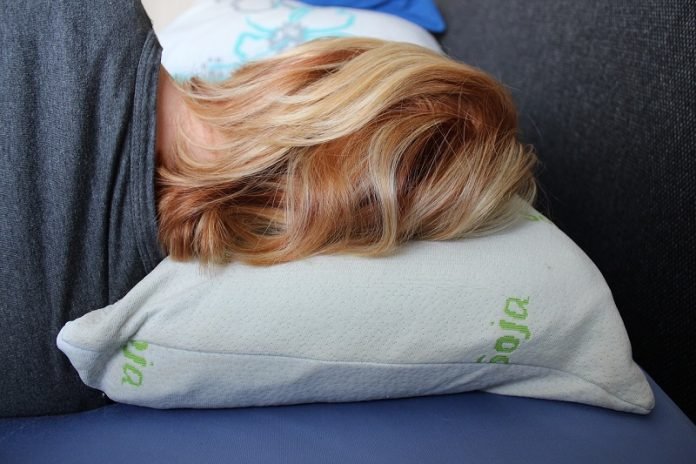
Scientists from the University of Bristol found that people who have difficulty getting to sleep or staying asleep had higher blood sugar levels than people who rarely had sleep issues.
The findings suggest insomnia could increase people’s risk of type 2 diabetes, and that lifestyle or pharmacological treatments that improve insomnia could help to prevent or treat the condition.
The research is published in Diabetes Care and was conducted by James Liu et al.
Insomnia, not getting enough sleep, and having a later bedtime, has been linked in previous studies to a greater risk of type 2 diabetes.
In this study, the research team assessed whether these associations are explained by the causal effects of sleep traits on blood sugar levels.
The researchers used a statistical technique called Mendelian Randomization to see how five sleep measures—insomnia, sleep duration, daytime sleepiness, napping, and morning or evening preference (chronotype)—were related to average blood sugar levels assessed by a measure called HbA1c levels.
They examined 336,999 adults living in the UK.
The team showed that people who reported that they often had difficulty getting to sleep or staying asleep had higher blood sugar levels than people who said they never, rarely, or only sometimes had these difficulties.
The research team found no clear evidence for the effect of other sleep traits on blood sugar levels.
The findings could improve researchers understanding of how sleep disturbance influences type 2 diabetes risk.
The study also suggests that lifestyle and/or medical interventions that improve insomnia might help to prevent or treat diabetes.
The team estimated that an effective insomnia treatment could result in more glucose-lowering than an equivalent intervention, which reduces body weight by 14kg in a person of average height.
This means around 27,300 UK adults, aged between 40- and 70 years old, with frequent insomnia symptoms would be free from having diabetes if their insomnia was treated.
If you care about sleep, please read studies about the noise that could boost your memory function and improve deep sleep, and avoid these 3 things in your dinner to sleep better tonight.
For more information about sleep, please see recent studies about a better way to treat insomnia and sleep apnea, and results showing this sleeping pill can prevent kidney damage in obesity with diabetes.
Copyright © 2022 Knowridge Science Report. All rights reserved.



